
Cilest is a combined the oral contraceptive pill which contains ethinylestradiol and norgestimate.
These components are synthetic versions of estrogen and progesterone, the female sex hormones which occur naturally. Cilest overrides the regular menstrual period by tricking the body into thinking that ovulation has already took place. The hormones release and egg from the ovaries and get the lining of the womb prepared for the pregnancy, and if the egg does not get fertilized the hormone levels decrease and the womb lining sheds as a monthly period. So, Cilest basically prevents the egg from ripening and being released each month.
Cilest also thickens the womb neck mucus preventing the sperm from entering the womb and reaching an unfertilized egg. The womb lining also gets changed so that a fertilized egg cannot implant there. The patient ingests one pill on a daily basis for 21 days and then a seven day break follows. During the break, the hormone levels in the blood drop which causes a withdrawal bleed similar to the one caused by a normal period. There is always a calendar included in the box, and the protection against pregnancy is working even during the week off. Sometimes it can be prescribed to women who suffer from painful and irregular periods.
Side effects of Cilest may or may not affect the patient and they include nausea, weight changes, fluid retention, liver function disturbances, gallstones, headaches, vaginal thrush, depression, enlarged and tender breasts, changes in menstrual bleeding, various skin reactions, blood pressure increase and decreased sex drive.
Before taking the pill, one must inform the doctor about any other medications currently taken since the combination of more medications might be unsafe. There are certain medications that may cause the contraceptive to be less effective and those include antiepileptic medicines, St. John’s wort, nelfinavir, bosentan, aprepirant, ritonavir, nevirapine, griseofulvin and all types of barbiturates.
If one takes one of these medications regularly, it would be a better idea to search for an alternative form of contraception.
The pill could be combined with one of the medications from the aforementioned list but it may require additional contraceptives such as condoms. Rifampicin and rifabutin are a type of antibiotics which especially makes the pill ineffective. Cliest may also increase the levels of ciclosporin in the blood. Ciclosporin suppresses the immune system. Patients who suffer from diabetes may need to readjust the insulin doses while taking the contraceptive.


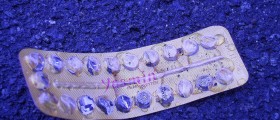

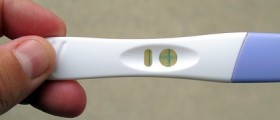

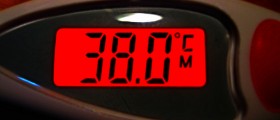
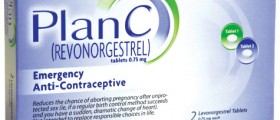
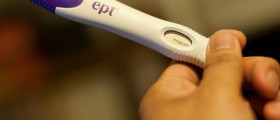
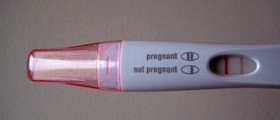






Your thoughts on this
Loading...